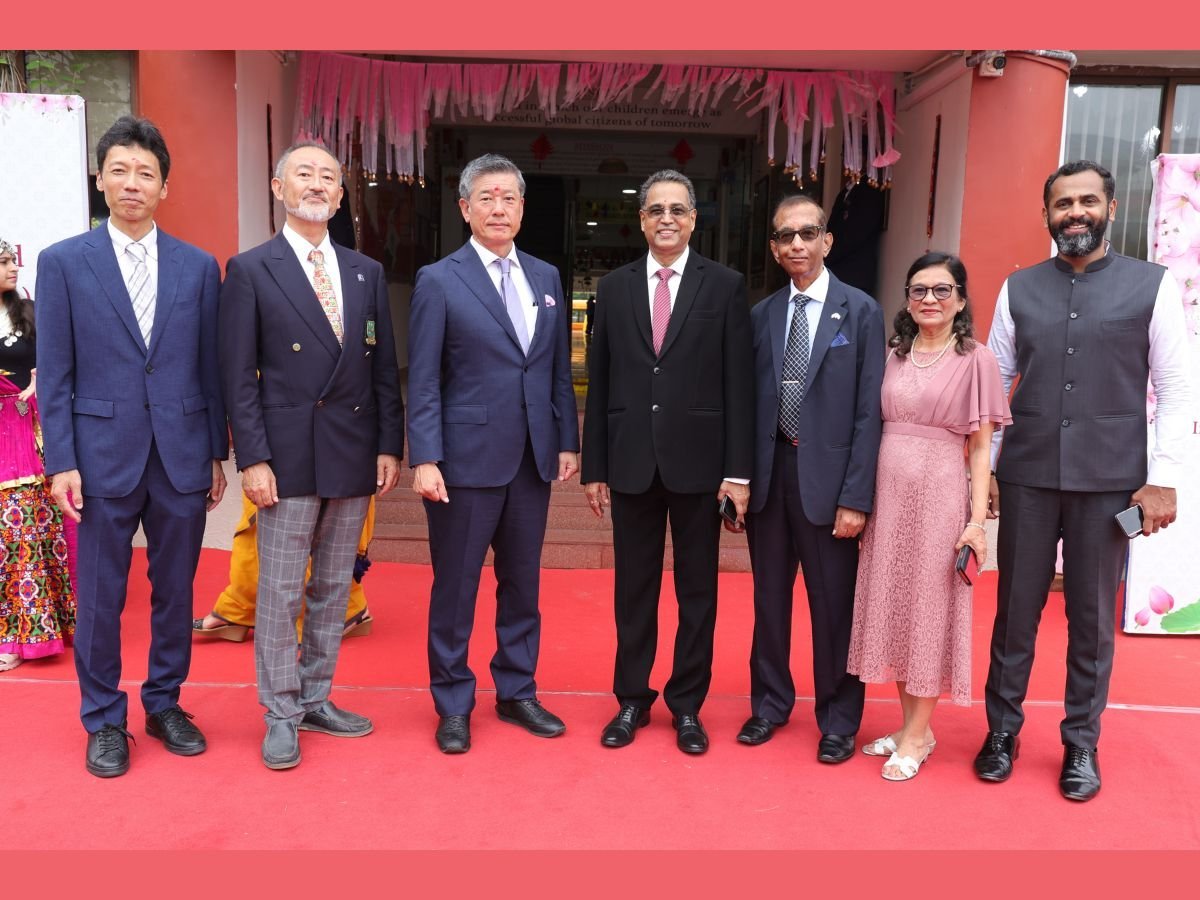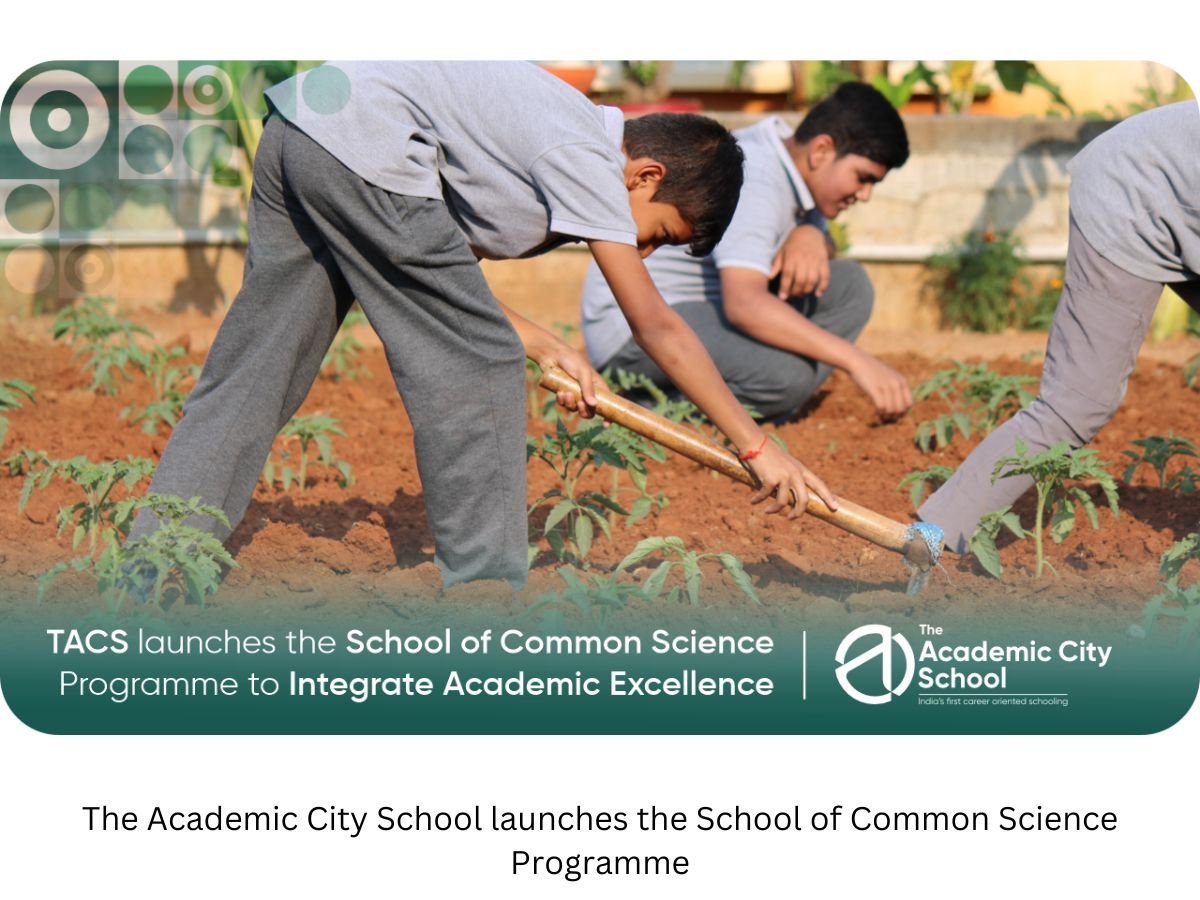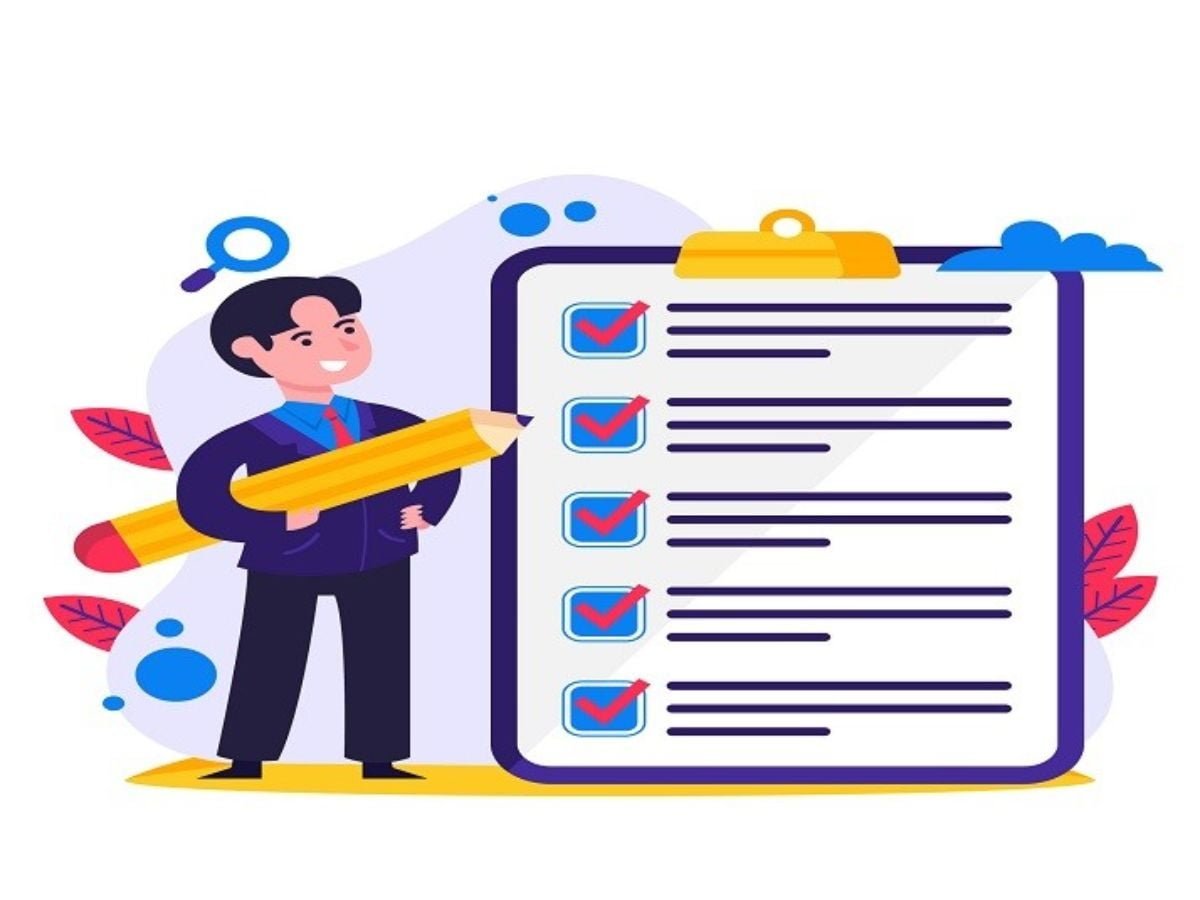Play School education in India?

June 20: In this new era play education is one of the most important parts of the foundation of a child’s education.
Let us first understand what playschool is?
A playschool is a place where ten to twenty children or more spend one to two hours each day under the supervision of two or more teachers.
Junior DPS feels that playschools have a lot to offer and that they should not be used to teach only academic skills such as reading and writing. We also believe that there should be no pressure to perform; instead, the focus should be on the children’s overall development and social development. We are a strong supporter of playschools since they help children acquire age-appropriate behavior at the correct time.
How do these playschools work?
What steps do playschools take to achieve this goal?
Children learn best by observation at this age. This type of learning does not take place at home to its full potential. The supervisors at a playschool concentrate on teaching children age-appropriate behaviors through observation.
In playschool, various activities are organized for the children through which they can learn the things and understand the concepts very clearly through playing and enjoying, without any stress many parents just began sending their one-year-old child to a playschool because they trust the best play school in India.
The following are some of the advantages of going to a playschool:
1-Learning
Most parents pay close attention to their children, for their basic requirements and give them toys to keep them entertained. Children in playschools, on the other hand, are given the “proper” toys, that is, toys that are appropriate for their developmental level. In addition, their play is supervised so that it can be used as a learning tool. The point is that children learn through appropriate behaviors to themselves, such as feeding a doll, changing its clothes, and so on, to get self-help abilities. The theory is that if a child can feed a doll, it will soon learn to feed itself.
2- Anxiety is Reduced
Children are prepared for formal school by attending playschools. For a child, the first day of school can be extremely stressful. Suddenly, he is thrown out of his comfort zone and into an unfamiliar world. When a child starts school for the first time at the age of three or four, a lot is expected of him. On the first day of school, various children crying is a frequent sight. Playschool helps to reduce that anxiety. We believe that playschools prepare children for life by making them more self-sufficient and autonomous, as well as improving their skills and language.
3-Making Contact with Other Parents
Playschools are beneficial to parents as well. They offer parents outside support for improving their child’s developmental skills. Parents also have the opportunity to interact with other parents and learn about other parenting practices. Parents have the opportunity to see other children and thus have a chance to judge their own child’s behavior and there will be scope for improvement. If parents are having trouble with their child at home, they can seek guidance from the teachers. This is the principle that we follow at the best preschool in India that’s why we organize various parent-teacher meetings for better development of a child.
Is it necessary to have a playschool?
Many parents believe that their children will gain all of these abilities in any case but that is not the case because playschool provides an environment that cannot be provided at home. Many parents didn’t think it was necessary to enroll their children in a playschool. “They believe playschools are nothing more than money-making schemes that provide a convenient place for working mothers to leave their children for a few hours a day,” that’s what they say.
But that is not the case, in reality, this is the misconception that parents have because play school in this era is important for the strong roots of children.
Conclusion
We think that all parents should check that the individual administering the playschool is qualified and trained in the field of child development. At this age, children must be treated with caution because a non-skilled person will be unaware of a child’s growth stages. At different times, different skills emerge. An unskilled person will have no idea what to expect from a child of a specific age and may try to push the child beyond his or her limits. This could harm the child’s development.
https://www.facebook.com/Juniordpspreschool/
https://www.instagram.com/juniordps_preschool/
https://www.youtube.com/c/JuniorDPS
https://www.linkedin.com/company/juniordps/?originalSubdomain=in








